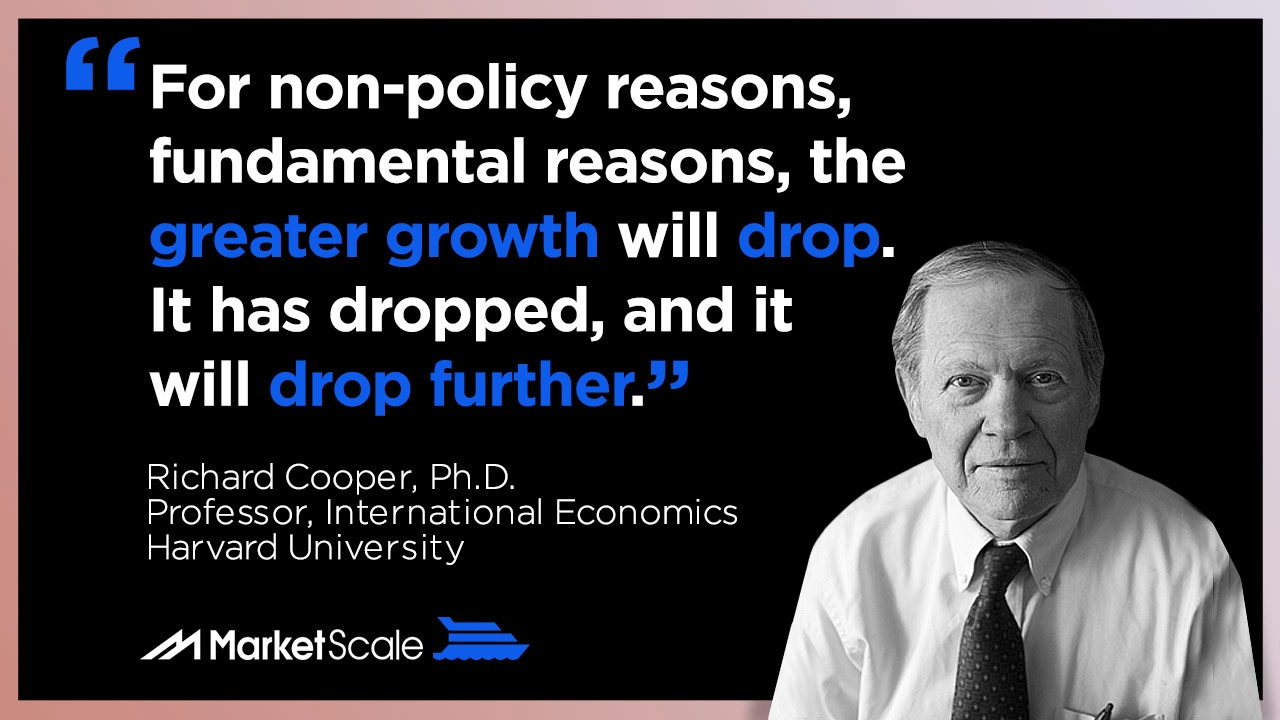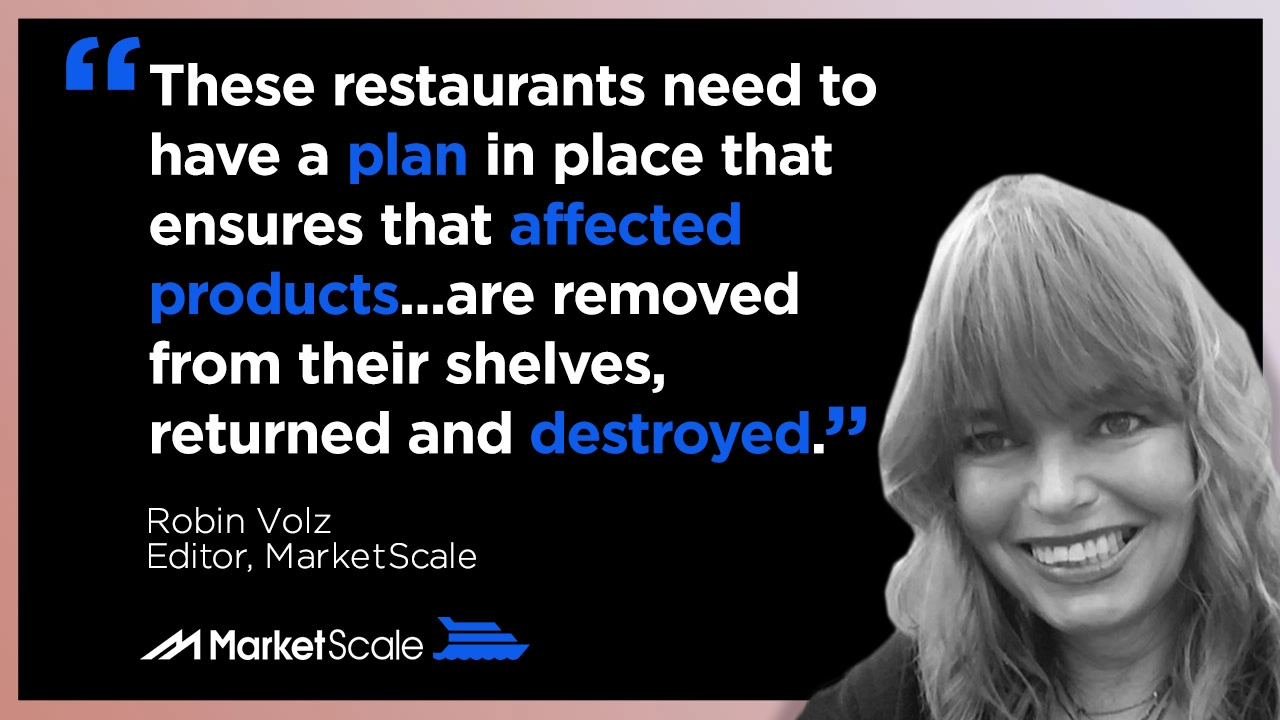MarketScale Hospitality 02/06/19: Food Recalls and Chinese New Year Travel Trends
Today’s episode of the MarketScale Hospitality Podcast Show looks at two international and impactful trends in Hospitality today; a decrease in Chinese tourism to the United States and Australia, and how restaurant owners should prepare for food recalls. Both are particularly timely, on the cusp of the Chinese New Year and a 2018 riddled with E. coli lettuce outbreaks. We’ll hear from a Harvard professor and a MarketScale Hospitality contributor to give more insight on two topics that are shaping how professionals in the industry stay proactive amid shifting interests and technology.
Travel Spending is Slowing this Chinese New Year as Tourists Grow Weary

This year, the travel rush, also known as “chunyun,” takes place this first week of February and is one of China’s longest breaks. More than 400 million people are expected to travel across the country for family reunions, according to China’s largest travel agency Ctrip. It estimates 7 million will go abroad.
But could the sluggish Zodiac Pig come to represent 2019’s travel and tourism economy? Signs point to yes.
Harvard professor of international economics, Richard Cooper, Ph.D., joins the Hospitality podcast to discuss reasons why China’s economy is slowing and what that means for the “great mass migration” this Chinese New Year season.
Though outbound travel from China is still increasing overall, average spending by those tourists is down. In 2018, the Chinese economy grew at its slowest rate in nearly 30 years. The National Bureau of Statistics in China reports 6.6% growth in 2018. That’s significant for a country that has a strong appetite for travel and whose tourists are known to spend well when abroad.
Are Restaurant Owners Prepared for the Unpredictability of Food Recalls?

Our second feature dissects an article on our MarketScale Hospitality page, one that looks at the effects of food recalls on restaurants. After a year of increasingly frequent recalls, how should restaurant owners be preparing for this, especially if their menu is full of raw dishes or susceptible ingredients? The writer of the article and a frequent MarketScale Hospitality contributor, Robin Volz, joins us to break down the numbers and give tips for proactive professionals.
An excerpt from the article.
According to the Centers for Disease Control and Prevention, 48 million Americans (approximately 17 percent of the people in the U.S.) get sick, 128,00 are hospitalized, and 3,000 die each year from foodborne diseases. A foodborne-disease outbreak (FBDO) is defined as an incident in which two or more persons experience a similar illness resulting from the ingestion of a common food.
Contributing significantly to the cost of healthcare, foodborne illnesses, which are a preventable and underreported burden on public health, risk lives, specifically for children under the age of 4 and people over the age of 50. With food hazards including germs and chemical contaminants that can enter the food supply at any point from farm to table, investigative measures and germ data analysis help to identify where improvements in the US food safety system can be made. Safer food guarantees longer, healthier lives, less costly health care, and a more robust food industry.
Click here to read the full piece by Robin Volz.
For the latest news, videos, and podcasts in the Hospitality Industry, be sure to subscribe to our industry publication.
Follow us on social media for the latest updates in B2B!
Twitter – @HospitalityMKSL
Facebook – facebook.com/marketscale
LinkedIn – linkedin.com/company/marketscale








